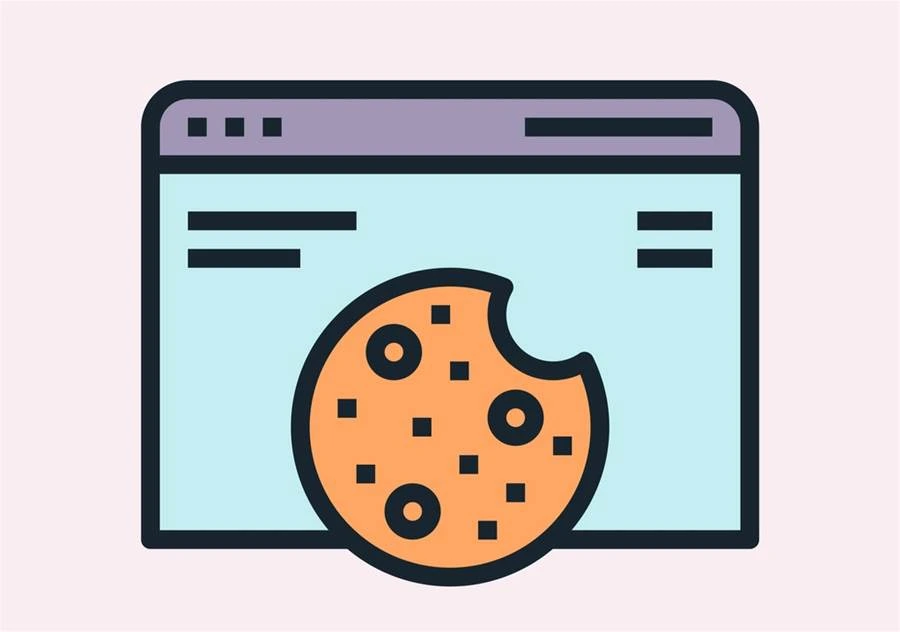In today’s digital landscape, website analytics has become an indispensable tool for businesses aiming to improve their online presence. At the heart of effective website analytics lies the use of HTTP cookies, which play a vital role in tracking user behavior and gathering valuable insights. In this blog, we will explore what HTTP cookies are, their functionality, and how site owners can leverage them to gain a deeper understanding of user activity and enhance their website’s performance.
Understanding HTTP Cookies

HTTP Cookies are small text files that are placed on a user’s device when they visit a website. According to Trendmicro, the work cookie derives from a programming term “Magic Cookie”, a packet of data programs that keeps data unchanged. These files contain data that is specific to the user and the website they are interacting with. HTTP Cookies serve multiple purposes, such as remembering user preferences, enabling personalised experiences, and facilitating seamless navigation.
HTTP cookies consist of key-value pairs that store information such as login details, language preferences, and shopping cart contents. When a user visits a website, the server sends a cookie to their browser, which is then stored on their device. On subsequent visits, the browser sends the stored cookie back to the server, allowing the website to recognise the user and provide a tailored experience.
Types of HTTP Cookies
There are different types of HTTP cookies that website owners can utilise for analytics purposes. Session cookies are temporary and are deleted once the user leaves the website. These cookies are essential for maintaining session data, such as user login status and shopping cart contents. They enable seamless navigation within a website and are critical for delivering a smooth user experience.
Persistent HTTP cookies, on the other hand, remain on the user’s device for a specified period, allowing the website to remember their preferences and provide a customised experience. These cookies are often used for functions like remembering language preferences, displaying personalised content, or offering targeted advertisements. By storing information over multiple sessions, persistent HTTP cookies enable website owners to create a more personalised and engaging experience for their users.
Tracking User Activity

HTTP cookies play a crucial role in tracking user Activity on websites. By gathering information such as pages visited, duration of visit, and click patterns, website owners can gain insights into user engagement and preferences. This data helps in identifying popular content, understanding user journeys, and optimising website structure and layout. With this, web owners can make on point adjustments to make their website better.
For example, with the help of cookies, website owners can track the effectiveness of their marketing campaigns by analysing which referral sources or advertisements lead to the highest conversions. They can also monitor user interactions with specific website elements, such as buttons or forms, to identify areas for improvement and increase conversion rates.
HTTP cookies also enable website owners to implement personalisation strategies based on user behavior. By analysing the data collected, site owners can offer tailored recommendations, content suggestions, or targeted promotions to enhance user engagement and drive conversions.
Personalisation and User Experience
HTTP cookies enable personalised experiences by remembering user preferences and settings. For example, a website can remember a user’s language preference or display tailored content based on their previous interactions. This level of personalisation enhances user experience, increases engagement, and fosters customer loyalty. Not only that, user will also feel the ease of using the site where
Privacy Considerations and Cookie Consent
While cookies provide valuable insights, privacy is a significant concern. Website owners must adhere to privacy regulations and obtain user consent before using certain types of cookies, particularly those that collect personally identifiable information. Implementing a transparent cookie consent mechanism helps build trust with users and demonstrates a commitment to privacy protection.
Be aware that site owners can be exploiting cookies to gain vulnerable insights. Users must be cautious at all times, checking what each sites request for
Best Practices for HTTP Cookies Usage
To maximise the benefits of cookies and ensure compliance, website owners should follow best practices. This includes providing clear and concise cookie policies, offering users the option to manage their cookie preferences, and regularly reviewing and updating cookie practices based on evolving regulations and user expectations.
Gaining Insights and Analysing Data
The data collected through cookies can be analysed using various website analytics tools. These tools provide site owners with detailed reports and metrics, including traffic sources, user demographics, and conversion rates. By examining these insights, website owners can make data-driven decisions to improve their website’s performance, enhance user experience, and drive conversions.
Website analytics tools enable site owners to understand how users navigate through their website, which pages are most frequently visited, and which elements lead to user drop-offs or conversions. By analysing this data, businesses can identify opportunities for optimisation, refine their content strategy, and make informed decisions to maximise their online presence.
Conclusion
HTTP cookies play a vital role in website analytics by enabling the tracking of user behavior and gathering valuable insights. By understanding what HTTP cookies are and how they can be leveraged effectively, website owners can gain a deeper understanding of their audience, optimise their website’s performance, and deliver personalised experiences. It is crucial for site owners to prioritise user privacy, adhere to regulations, and implement transparent cookie consent mechanisms to build trust and maintain a positive user experience.
In the ever-evolving digital landscape, cookies continue to be an essential tool for website analytics, allowing businesses to make informed decisions and drive meaningful improvements. By harnessing the power of cookies responsibly, website owners can unlock valuable insights and create engaging online experiences for their users. With a comprehensive understanding of cookies and their functionalities, businesses can leverage website analytics to drive growth and achieve their online objectives.
Yes Web Design Studio
Tel. : 096-879-5445
LINE : @yeswebdesign
E-mail : info@yeswebdesignstudio.com
Facebook : Yes Web Design Studio I Web Design Company Bangkok
Instagram : yeswebdesign_bkk
Address : 17th Floor, Wittayakit Building, Phayathai Rd, Wang Mai, Pathum Wan, Bangkok 10330 (BTS SIAM STATION)









